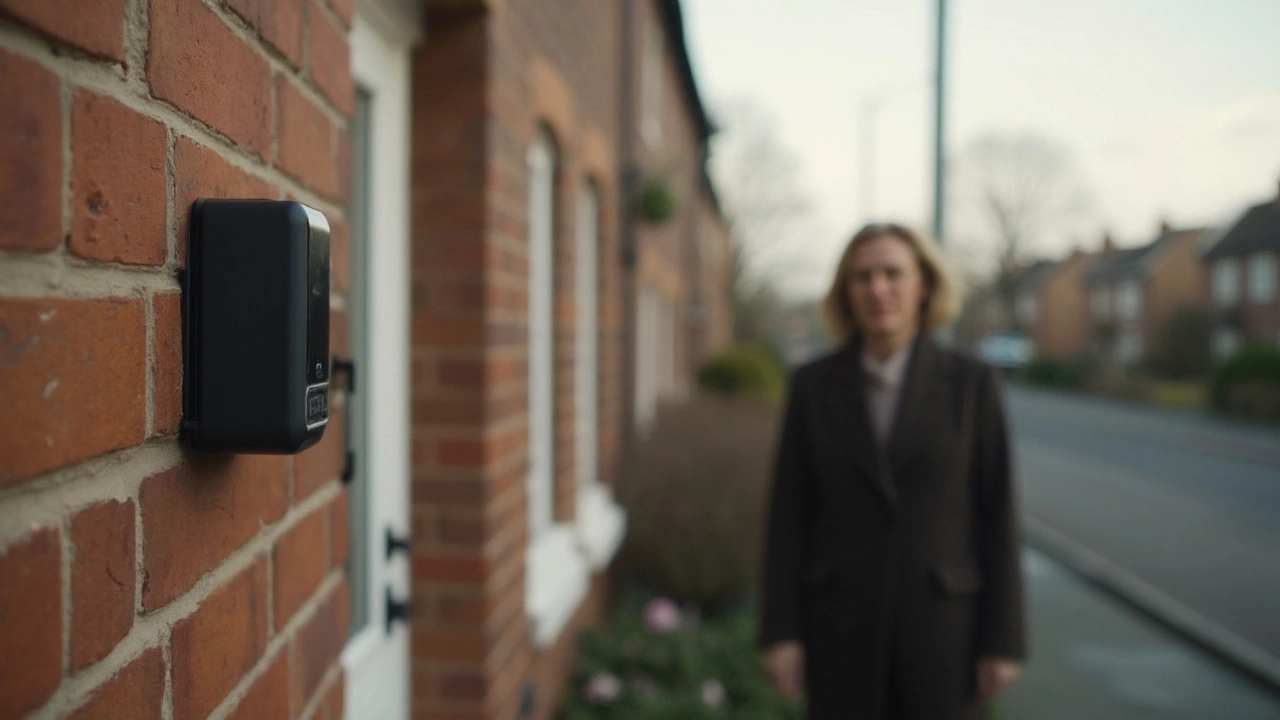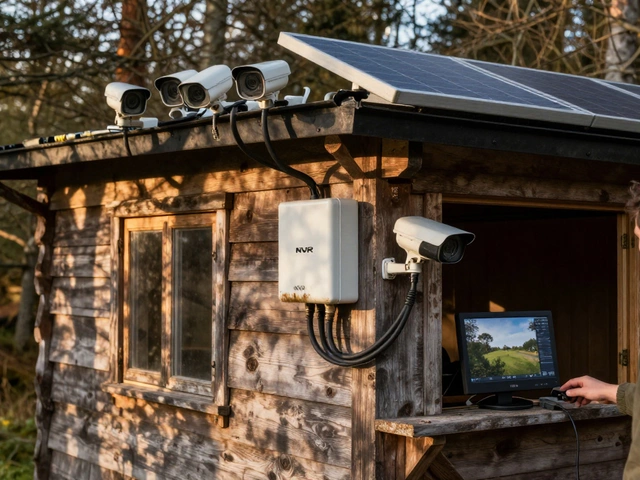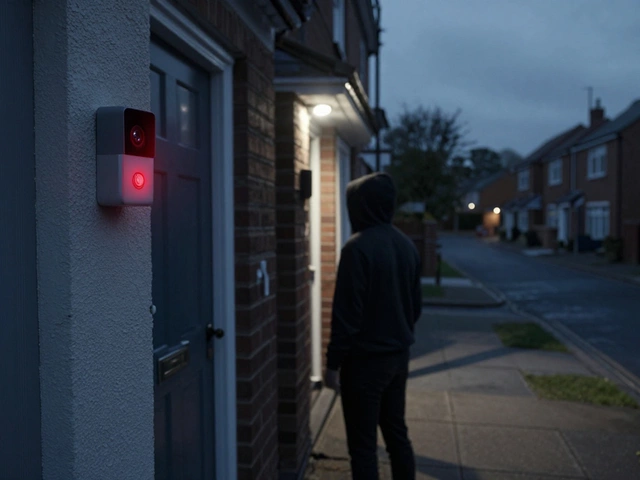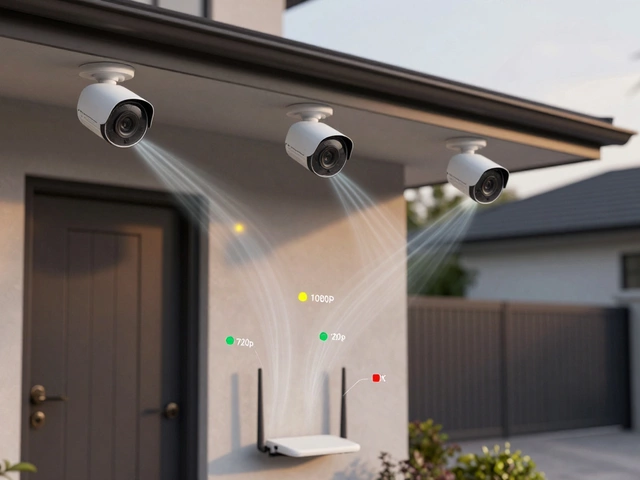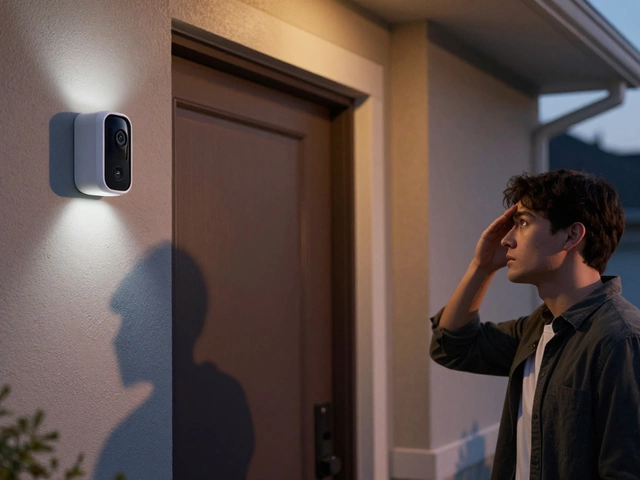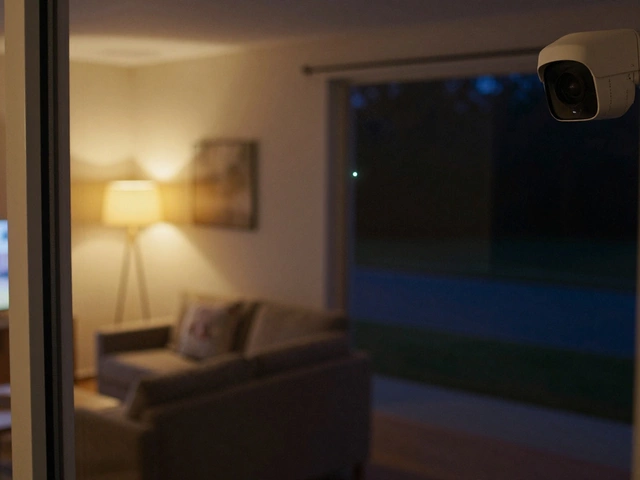Neighbour Surveillance – Tips, Laws and Common Issues
If you’ve installed a video doorbell or a security camera that points toward a neighbour’s garden, you’ve probably wondered whether you’re breaking any rules. The short answer: you can protect your home, but you must respect privacy and follow local laws.
First, check where your camera is aimed. In the UK, you’re allowed to record anything that happens on your own property, but filming a neighbour’s private space without a good reason can be an invasion of privacy. Trim the angle so the lens stays on your front door, driveway, or street. A quick test is to walk around the device and see what other houses can see. If you spot windows, fences, or gardens, adjust the view.
Legal Basics for Video Doorbells
UK data‑protection law (GDPR) treats video recordings as personal data. That means you must store the footage securely and only use it for security purposes. Sharing clips on social media or with neighbours without consent could get you into trouble.
Ring and similar brands often store video in the cloud. Make sure you read the provider’s privacy policy and choose a plan that lets you delete old footage. If you decide to keep recordings, set a reasonable retention period – a few weeks is usually enough for security purposes.
Handling Neighbour Complaints
When a neighbour raises an issue, stay calm and listen. Explain that the camera is meant to protect your home, not spy on them. Offer to adjust the angle or add a privacy shield if needed. Most disputes are resolved quickly when both sides understand the intention.
If the neighbour insists on a formal complaint, you can involve the local council’s environmental health department. They’ll check whether the camera breaches the Telecommunications (Data) Act or the Human Rights Act. In most cases, a modest adjustment will satisfy the inspector.
Another practical tip: put a small sign near the doorbell that says “Video doorbell active”. Transparency helps prevent misunderstandings and shows you’re following the law.
Beyond doorbells, many people use motion sensors that trigger recordings only when movement is detected. This reduces the amount of footage you store and makes it easier to argue that you’re not constantly watching the street.
Remember, effective security isn’t about spying – it’s about deterring crime. Visible cameras and clear signage can make burglars think twice, while respecting neighbours keeps the community friendly.
Bottom line: aim your camera at your property, store footage safely, be ready to adjust, and communicate openly with neighbours. Follow these steps and you’ll enjoy peace of mind without legal headaches.

